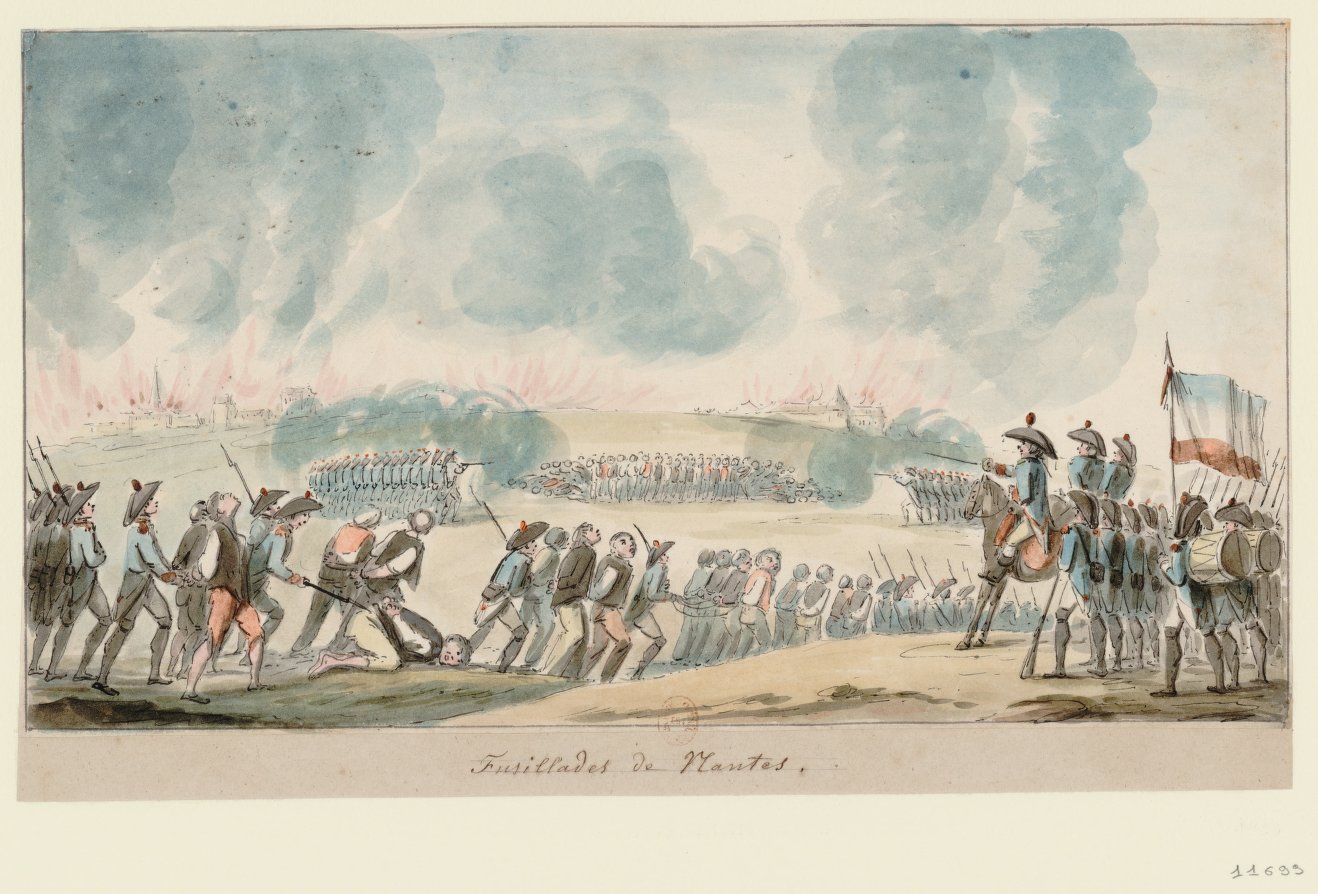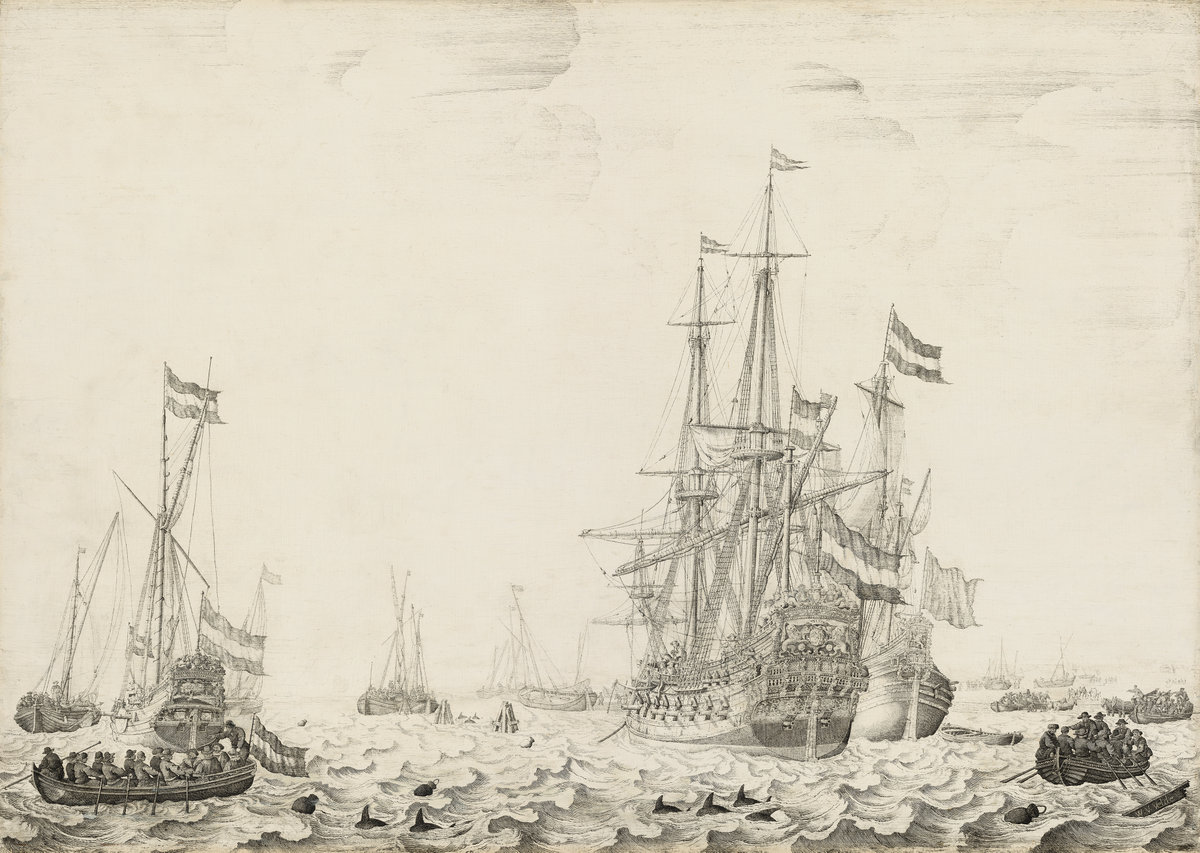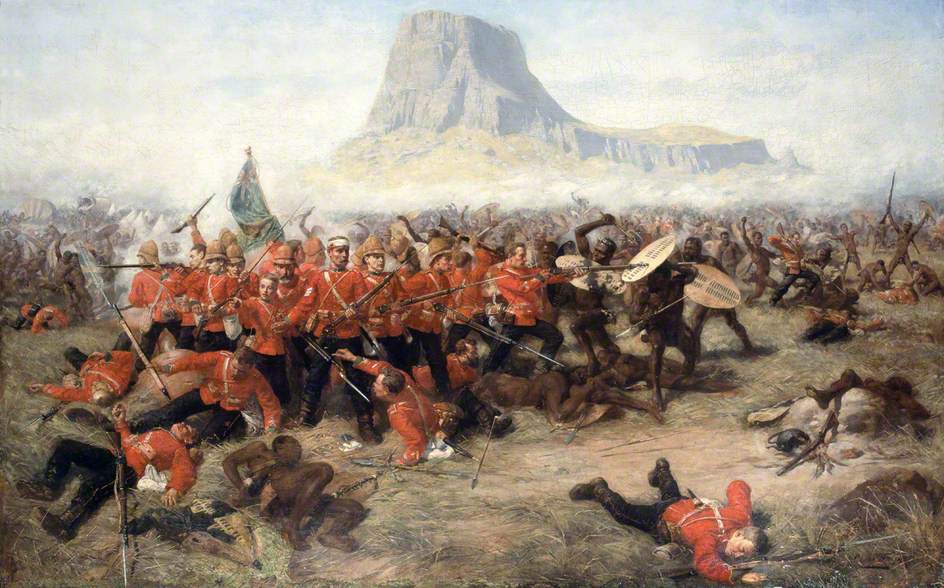By Sarah Bakhtiari
As the IMF meets in Peru, emerging markets are dominating the agenda. Why? Emerging markets are vulnerable for a number of reasons, not least of which is hidden debt. Debt masked by currency-swap agreements, real versus projected disbursements, and Chinese lending to developing economies (which isn’t reported to the Bank of International Settlements) might be larger than believed and foreboding future currency crises. In other economic problems facing the developing world, Thomas Piketty played spoiler in his indictment of South Africa for a rising level of inequality—higher than it was twenty years ago—when he gave the 13th annual Nelson Mandela lecture at the University of Johannesburg Soweto.
Development statistics on infant mortality, with an incredibly personal (and lucky) twist. Not just infants—but women too—face higher risks in developing states. Recent research suggests that within the subset of “missing women” (a term coined by Amartya Sen to describe the imbalanced gender ratio in parts of the developing world) about forty percent of excess female mortality can be attributed to their being unmarried. Older research disputes the assertion that disease is to blame for this phenomenon. One can hope that the Center for Global Development’s new research program on the economics of improving women’s lives and well-being will further our understanding of these types of issues.
Human rights or social justice—what are the tradeoffs? Here are four overlapping approaches that human rights organizations might take to social justice. Speaking of which, here’s where America’s 2016 presidential candidates stand on human rights.
Is this year’s Nobel Peace Prize award to Tunisia’s National Dialogue Quartet for its efforts to form a pluralistic democracy on the heels of the Jasmine Revolution intended to be a rebuke to the rest of the Arab elite, or intended to simply encourage the Tunisian people to persevere, as the award claims? (See how some of our own contributors fared in their speculations about the prize’s recipient earlier this week.)
What are the Chinese people worried about today? Eighty-four percent of the people queried by the Pew Center’s Global Attitudes Spring 2015 Survey indicated corrupt officials are a top concern—pollution and crime also rank highly. Meanwhile China comes in second in the region in public favorability, following Japan, but none of the regional leaders have the majority’s confidence that they do the right thing in world affairs.
Finally, the Syrian conflict continues to get more complicated. Former National Security Advisor Zbigniew Brzezinski’s recent op-ed calls for “strategic boldness” and Russian-U.S. cooperation vice a “new form of neocolonial domination.”








1 comment
Notice that human rights issues are framed in the article linked-to above as a foreign policy (What can we do about those pesky Chinese?) as though there are no human rights issues in the United States!